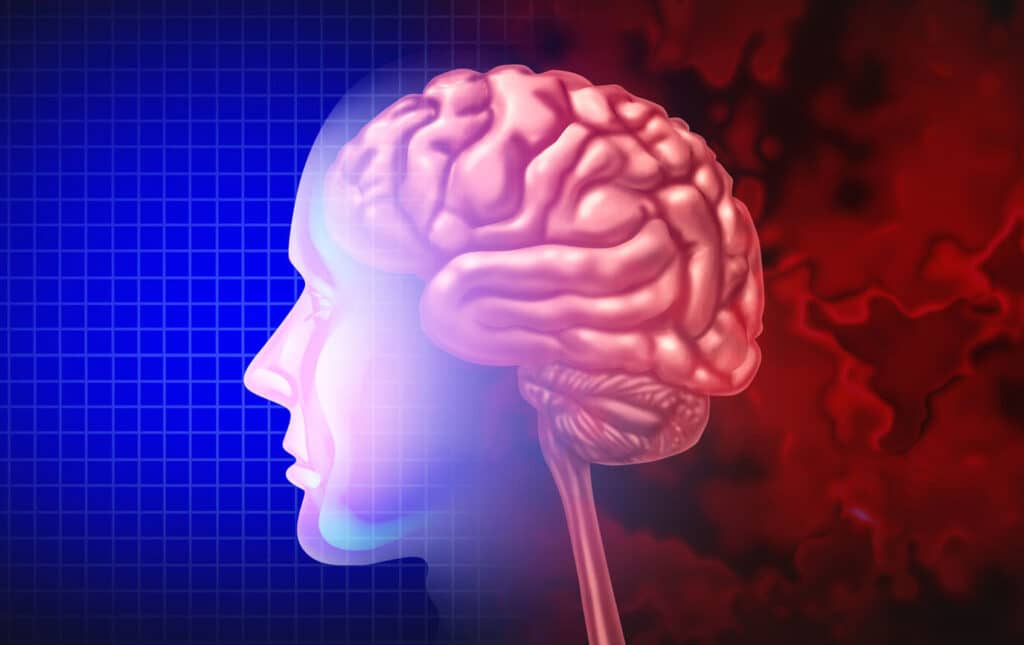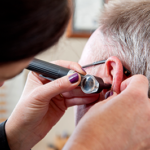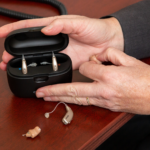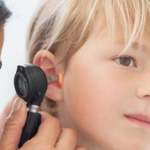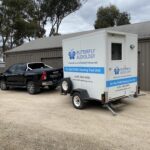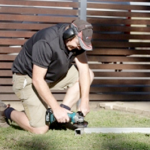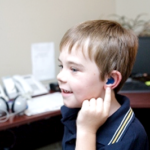What is hearing loss?
Hearing loss is when your ability to hear things around is reduced - this includes hearing speech and environmental sounds around you (like the microwave beeping or the blinker on your car). It can make hearing conversations difficult at times, especially if you are out and there is lots of other conversations going on at the same time.
Hearing loss occurs in 1 in 6 people in the Australian population. Like many things, age is one of the biggest risk factors, and in fact over 50% of people aged between 60 and 70 have a hearing loss which increases to more than 80% of people over 80. Noise exposure is one of the other main causes of hearing loss but there are others as well.
Recent research shows that getting help early leads to much better outcomes and improved quality of life. When most people develop a hearing loss, they lose the ability to hear some sounds and not others which can make it seem like their hearing is selective. This can make the hearing loss difficult to detect until it worsens and all sounds are affected.
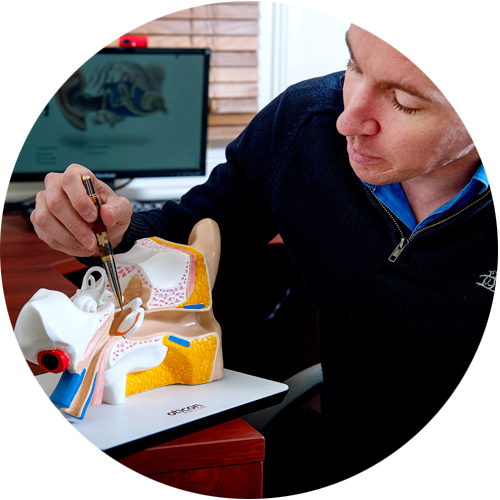
Symptoms of Hearing Loss
Some of the common symptoms of hearing loss to look out for are:
People seem to be mumbling
You often seem to misunderstand what people are saying
You can hear, but not clearly
You need the TV up louder than other people do
You have great difficulty hearing in groups
You have great difficulty hearing if you go out to noisy places, such as a restaurant
You find that you have to concentrate very hard to hear, especially if outside noise is present
You find children’s voices difficult to understand
You have ringing or noises in your ears (tinnitus)
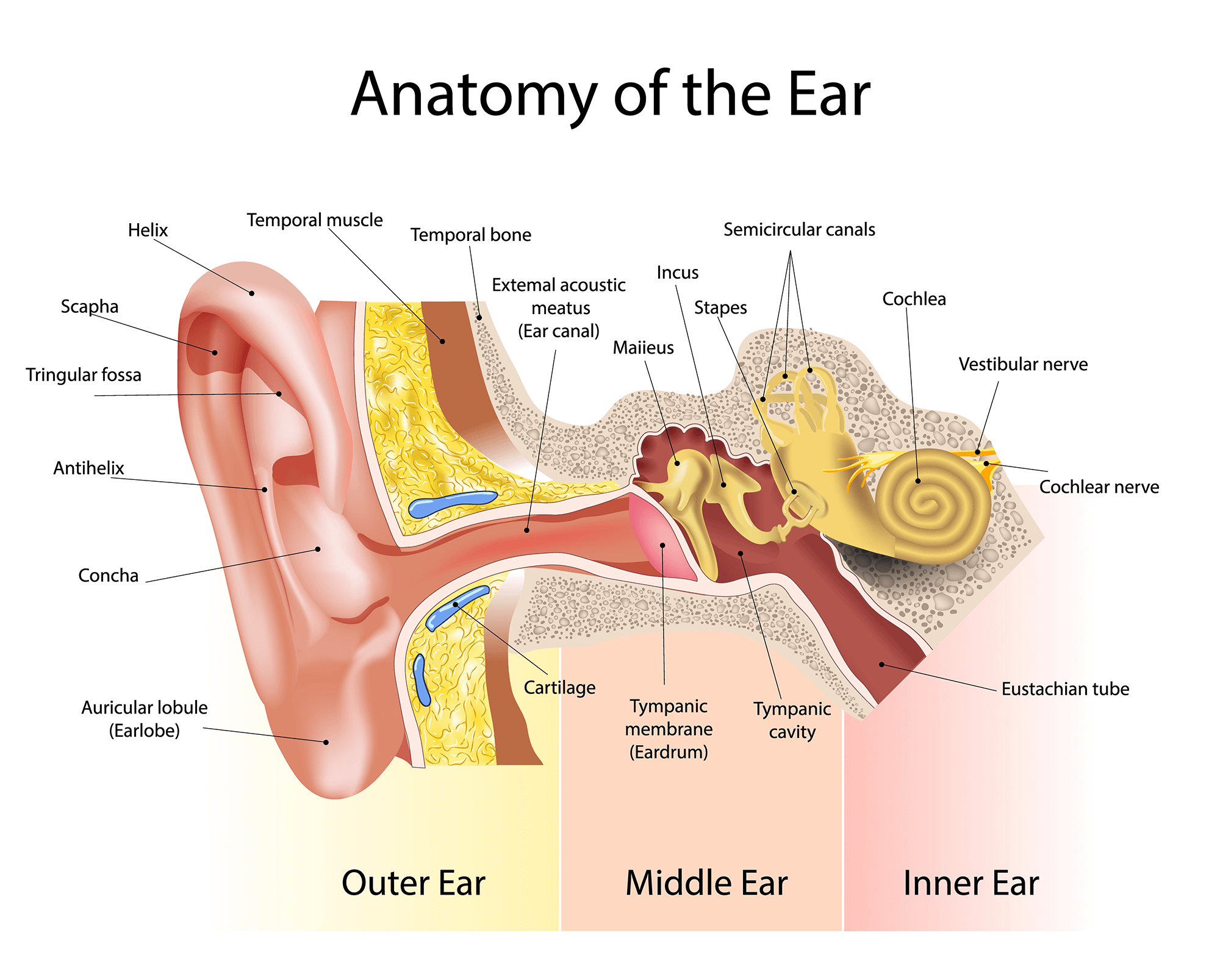
Causes of Hearing Loss
Conductive Hearing Loss
A conductive hearing loss occurs when there is damage to the outer and/or middle ears. Conductive hearing loss may or may not be permanent. Often medical treatment or surgery can correct a conductive hearing loss. Hearing aids are very effective in aiding conductive hearing loss.
Some common causes of conductive hearing loss include:
- Wax blockage
- Middle ear fluid (common in young children but can also occur in adults, sometime referred to as ‘glue ear’)
- Perforated eardrum (may be due to trauma or severe infection)
- Otosclerosis (hereditary disease affecting the middle ear bones)
Sensorineural hearing loss
A sensorineural hearing loss occurs when there is damage to the inner ear. Sensorineural hearing loss in usually permanent and cannot be corrected by surgery. Hearing aids are effective in aiding most sensorineural hearing losses.
Some common causes of sensorineural hearing loss include:
- The ageing process
- Noise exposure
- Meniere’s disease (relatively common disease that can affect hearing and balance)
- Head injuries
A mixed hearing loss occurs when there is damage to the outer and/or middle ear and the inner ear, that is, there is both a conductive and sensorineural hearing loss present.
Tinnitus
Tinnitus is the name given to noises in the ears and head that have no outside origin. Tinnitus can sound like cicadas, ringing, hissing or basically anything and it can change the way it sounds over the course of the day. It may be there all day or only sometimes and might be loud or soft. Tinnitus is very common and experienced to varying degrees by up to 20% of the population.
It can be caused by:
- Age related hearing loss
- Noise exposure
- Some prescription and non-prescription drugs
- Excessive stress or trauma
- Neck and/or jaw tension
- Hormonal changes
- No known cause
If you experience tinnitus which is bothersome or only in one ear, contact our clinic to arrange an appointment so we can help.
Hearing loss and Tinnitus Articles
Hearing loss and dementia. Is there a link?
By Danielle Bowles Manager/Senior Audiologist
What is Dementia? Most people know someone or know of someone who has dementia. This is not surprising given that dementia is the second leading cause of death of all Australians and will likely soon become the leading cause. It is a cruel illness not only for the person themselves but also for their loved…
What is tinnitus? Where does it come from? Will it go away?
By Danielle Bowles Manager/Senior Audiologist
What is tinnitus? Tinnitus is the name given to noises you can hear that come from within your own body. Only you can hear these sounds. You may notice tinnitus noises in your ears or in your head. They can sound like anything at all. Some of the common ways people describe their tinnitus sounds…

